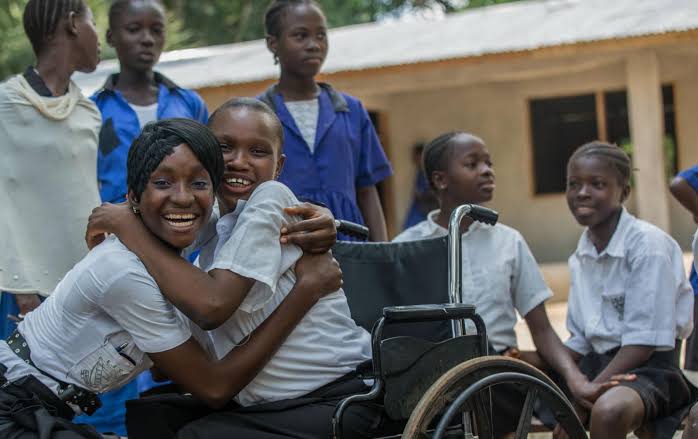

In a significant step toward educational equity, the Federal Government of Nigeria has reaffirmed its commitment to inclusive education across all secondary schools nationwide. This announcement, made earlier today, is part of ongoing efforts to ensure that every Nigerian child—regardless of ability, background, or location—has equal access to quality education.
Inclusive education means all learners, including those with disabilities, learning difficulties, or from marginalized communities, are taught in the same classrooms and given equal opportunities to thrive. It shifts away from segregated schools and encourages teaching methods and policies that accommodate diversity.
According to the United Nations, inclusion is not just about physical access to schools but also about the acceptance, participation, and success of every student. For Nigeria, this approach is crucial in closing the learning gap between privileged students and those who have long been left behind.
Despite the right to education being enshrined in the Nigerian Constitution and the Child Rights Act (2003), the country still faces serious gaps in inclusive practices:
In the recent announcement, the Ministry of Education revealed plans to:
Speaking at a media briefing, the Minister of State for Education, Dr. Yusuf Tanko Sununu, said:
“We can no longer afford to leave any child behind. Inclusive education is not a luxury. It is a necessity, a right, and a responsibility.”
While the government’s initiative is laudable, experts warn that policy must meet practicality. Professor Grace Alade, an education consultant at the University of Ibadan, noted:
“We need more than classrooms—we need compassion. Inclusive education requires cultural change, not just buildings or tools.”
Some of the key areas that still require urgent attention include:
Nigeria’s push for inclusive secondary education is both timely and urgent. With a large population of young people and a growing awareness of educational inequalities, the country must ensure that no learner is forgotten or left behind.
Civil society groups, such as the Inclusive Education Network Nigeria (IENN) and Disability Rights Advocacy Center (DRAC), have pledged their support. They’re urging the government to back its promises with sustained action, transparency, and funding.
As the implementation rolls out, students like Maryam, a 14-year-old girl in Kano with hearing impairment, may finally have the chance to learn in the same environment as her peers.
“I want to go to school like everyone else,” she said. “I want to be a doctor.”
Inclusive education is not just a policy—it’s a vision of justice, dignity, and possibility. If implemented effectively, this new direction can be the turning point in Nigeria’s educational journey.
fg-inclusive-education-nigeriaWould you like me to generate a featured image or create another post based on one of the other trending topics like JAMB mop-up exam or STEAM competitions in schools?